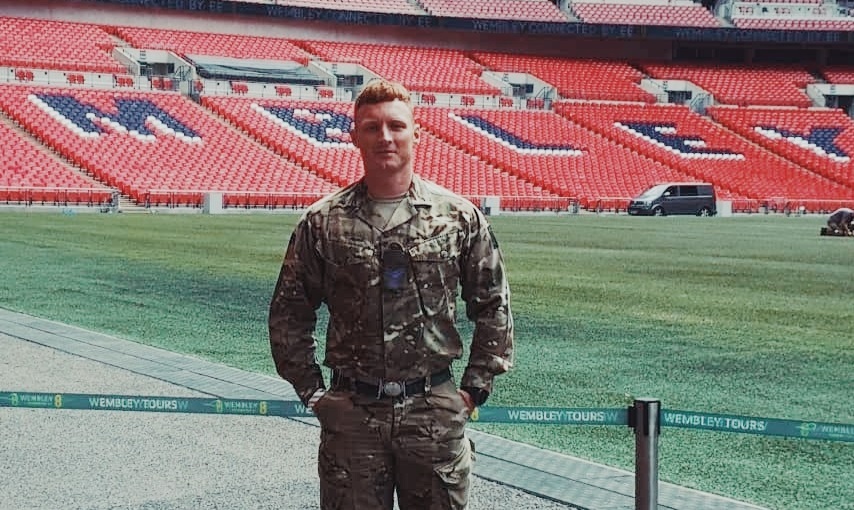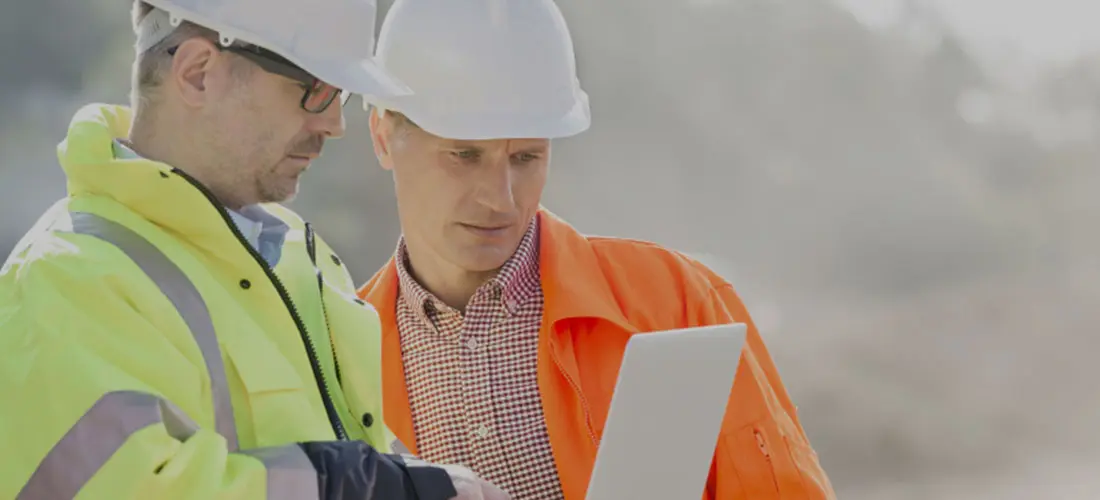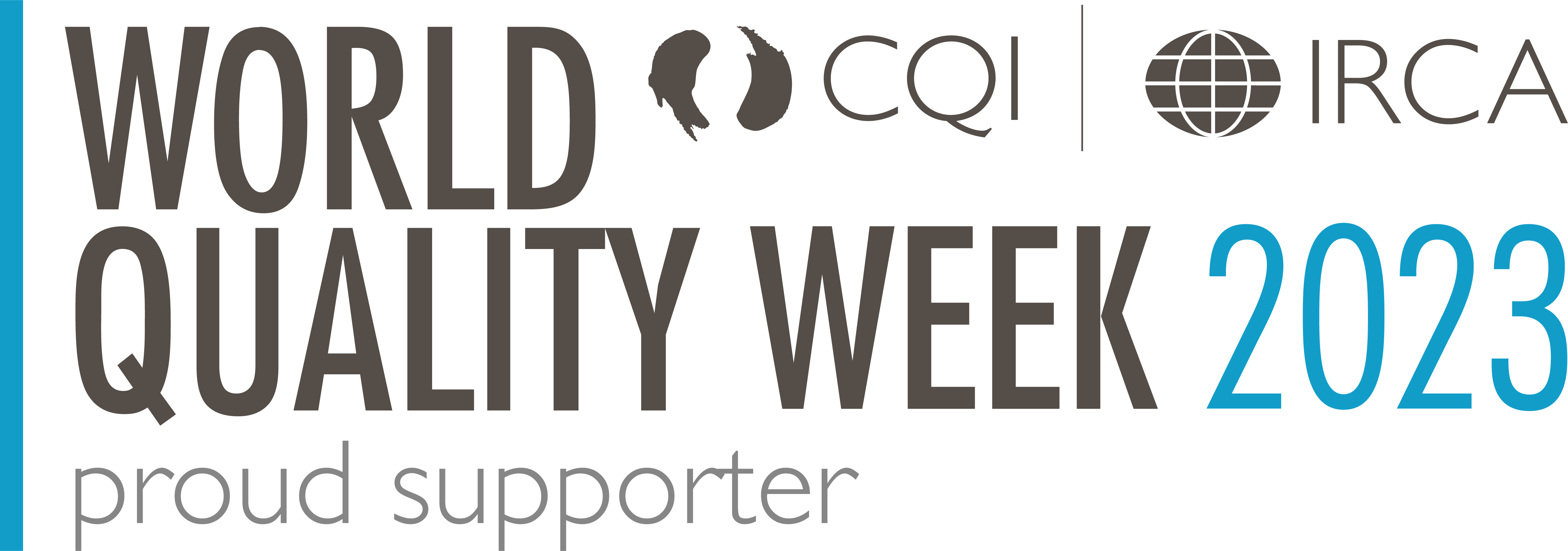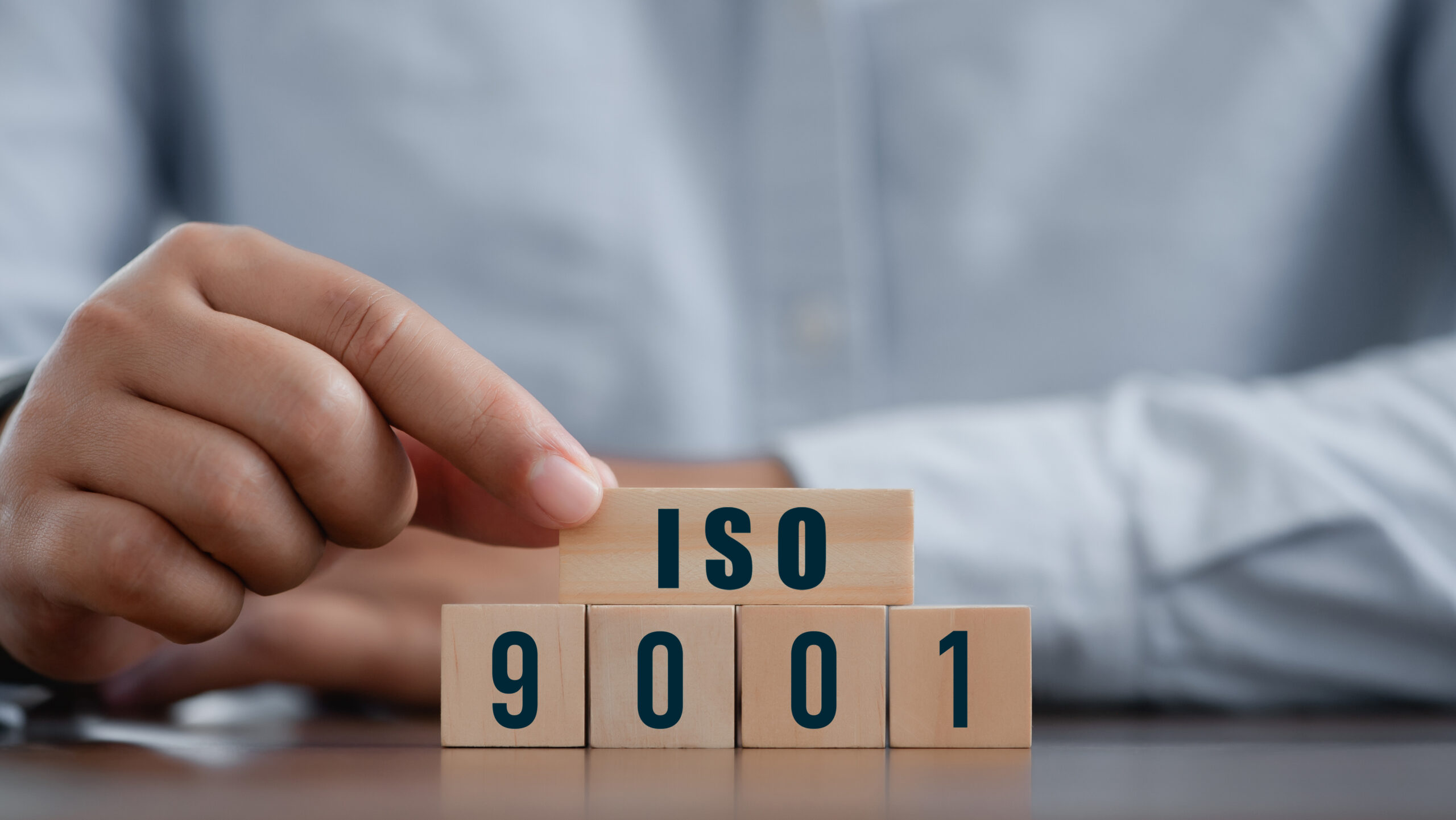You were in the armed forces before joining ISOQAR. What did you do exactly?
In the British Army I was part of the Royal Corps of Signals. I was a Telecommunications Infrastructure engineer and later a manager, for close to 13 years. My role involved the commissioning and maintenance of large communication centres all over the world which included installing fibre optic and copper cable network infrastructure, CCTV and managing data centres and telephones exchanges. The latter part of my career was within high security environments where I oversaw access control systems, SATCOM, threat risk analysing and the protection of secure information. It is this job that give me the love of information security and ISO 27001.
Why did you join the military and what did you enjoy about it?
When I was about 17, I was on the path to go to university. But I couldn’t help thinking that sitting behind a desk for another 3-5 years just wasn’t for me. The Army offered me the chance to play lots of sport like football in Cyprus, athletics in Spain and race skiing in many locations.
I was into computers and technology from an early age, often building computers with my father. Apprenticeships were not so well funded at the time so joining the British Army allowed me to gain world class qualifications in IT and telecommunications, play lots of sport, travel all around the world and get paid a decent wage for it too. I also really enjoyed meeting lots of different people from a multitude of backgrounds, similar to what it’s like here at Alcumus.
Why do so many ex-military personnel who go into auditing?
I think anyone who has been in the military in any capacity does well in auditing because that person is used to rigorous standards that the military uphold. You also develop the ability to problem solve in a dynamic and imaginative way. We work well in a team and alone to drive towards a goal whilst upholding values, are very loyal to the organisation we work for and finally have that personal resilience to keep pushing forward and building relationships for the future.
What are the challenges in transitioning from the military to a career auditing in the private sector?
When the decision is made to make a change to your career, that 12/24-month period can be over in a flash so it’s crucial to make the most of that time. The most important thing is to speak to people and let them know how you feel. I found LinkedIn to be a very powerful tool when it comes to networking with other people leaving the military and building relationships with people within organisations that you are interested in being a part of. For me, this is where Alcumus came in.
Even though I wasn’t due to leave for another 10 months, I started the recruitment process with Alcumus. The Recruitment Team couldn’t have been more supportive, helping me understand what was required for the interview and putting me in contact with ex-military employees within the business to find out as much as I needed before making any decisions. Wellbeing is a top priority of CEO Alyn Franklin, to make sure people enjoy coming to work, can be themselves and make a difference every day. Alcumus is very much like the military in terms of making a difference every day and no two days being the same. They are also signed up to the Armed Forces Covenant so they really are invested in supporting ex-military people.
Before even starting with Alcumus, my manager was in contact making sure I was prepared for when I start. It meant a lot and made the transition very easy.
What advice would you give to someone in the military considering a career in auditing? Do they need to do additional training? Do they need to make any adjustments?
I couldn’t recommend Alcumus enough to ex-military personnel. It’s a common situation that when people leave, they rush around to do courses to boost their CV for that potential employer. It was clear that Alcumus obviously take in previous experiences but also want to make sure the person can align to the company values. I think that’s why you see so many people in one organisation fighting for the same cause and working together so well, again like the Armed Forces. Alcumus took care of everything and have shown their faith by investing in my training for CQI IRCA qualifications and CPD.
What standards do you audit? And is it important that you are able to audit multiple standards?
I currently audit ISO 9001 (Quality Management Systems) and ISO 27001 (Information Security Management Systems) which I have recently been signed off for after a 3-month shadowing and working with mentors to learn the job before I felt comfortable enough and met the requirements to audit alone or as part of a team. I’m also working towards my ISO 45001 (Occupational H&S Management Systems), ISO 14001 (Environmental Management Systems) and ISO 22301 (Business Continuity), all at the expense of Alcumus. This is great because it gives me even more variety in my role. As Sir Richard Branson says: “Train people well enough so they can leave, treat them well enough so they don’t want to.”
What’s the best thing about being an auditor?
The best thing about being an auditor is you are working something that benefits your client, helps them to grow and do great things for others. You build great relationships with your clients and other auditors and two days are never the same because you are constantly working with different auditors and different clients in different industries, so it keeps things fresh all the time. Every day you learn something new which I love.






